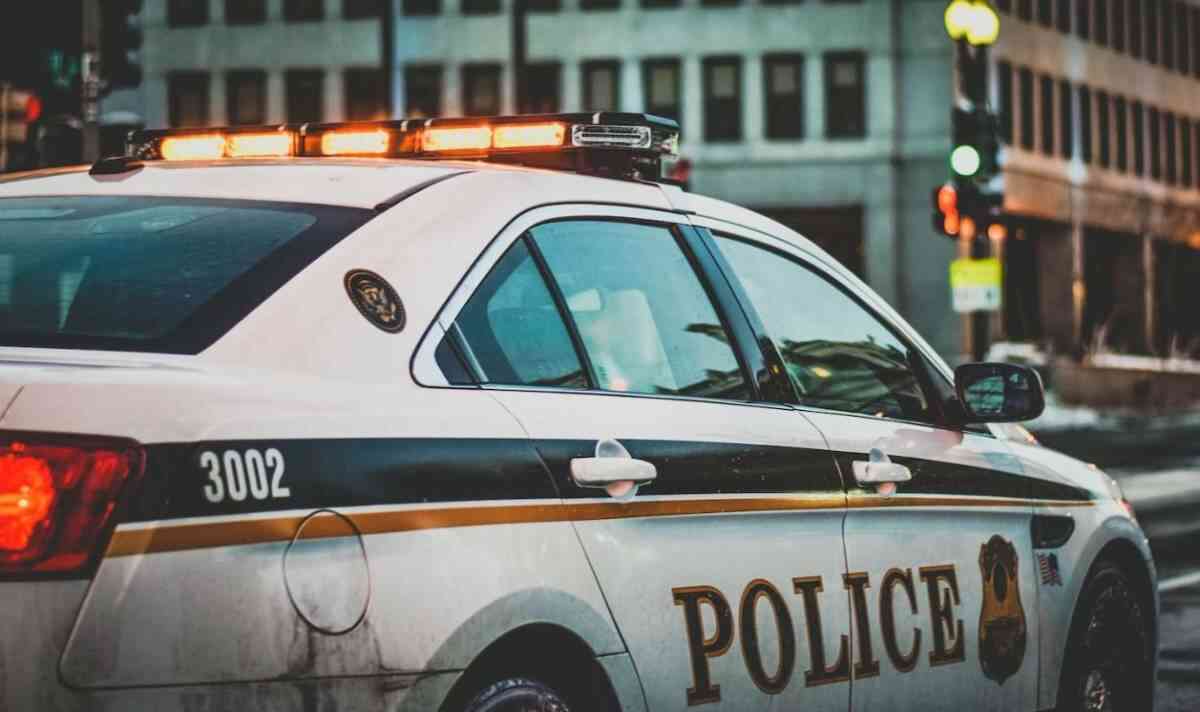Have You Been The Victim Of Police Misconduct? How To Get Justice

Here's what to do after police misconduct.
Police officers are only allowed to use as much force as is necessary to subdue a potential threat. A police officer might be accused of misconduct if they engage in intentional or negligent acts that cause harm to another person. Which they tend to do a lot, unfortunately. Whether you’ve been injured by an officer who used too much force during an arrest or were the unfortunate victim of misconduct during a protest, you’ve got options for making sure that justice is served.
Look for Potential Witnesses
Flashing lights, sirens, and uniformed officers tend to draw a lot of attention. Today, many people are willing to pull out their smartphones at the first sign of a potential police-civilian conflict. If possible, try to get as much information from witnesses as possible. Having witnesses provide a statement about what happened can help to validate your claims.
Gather Video and Photographic Evidence
Those smartphone videos are valuable evidence that you can use to demonstrate how an officer used excessive force. Videos are also beneficial for showing extreme emotional reactions on the part of an officer that could show that they lost control during the interaction. If you don’t have witness footage, then you may need to check with nearby stores and other properties to find out if security cameras might have picked up the scene.
Present the Details of Your Case to a Lawyer
Going up against a police officer is intimidating for the average person, and you’ve already got enough stress from taking care of your emotional and physical wounds. A personal injury lawyer knows how to outline the facts of your case to prove your claims. They can also help you to gather evidence, such as by making a request to see the police officer’s body cam recording.
Follow Through With Medical Tests and Treatments
The results of medical tests are another form of evidence that you can use to show how an officer hurt you during an interaction. Make sure to seek medical care as soon as possible after the interaction occurs. Then, follow up by visiting the doctor for any necessary treatments. Keeping detailed records of your diagnosis, treatment plan, and the associated bills provides the court with more information about how the misconduct has impacted your health and finances.
No one is above the law, especially police officers. This also includes the people that take on the responsibility of protecting peace within the community. Although it is normal to feel some degree of guilt for being involved in a police interaction, it is important to know that no one deserves to be hurt. Seeking justice for your injuries not only helps you to receive the compensation you need to cover your medical care, but it can also serve as an important warning for other officers who will now think twice before engaging in misconduct.

